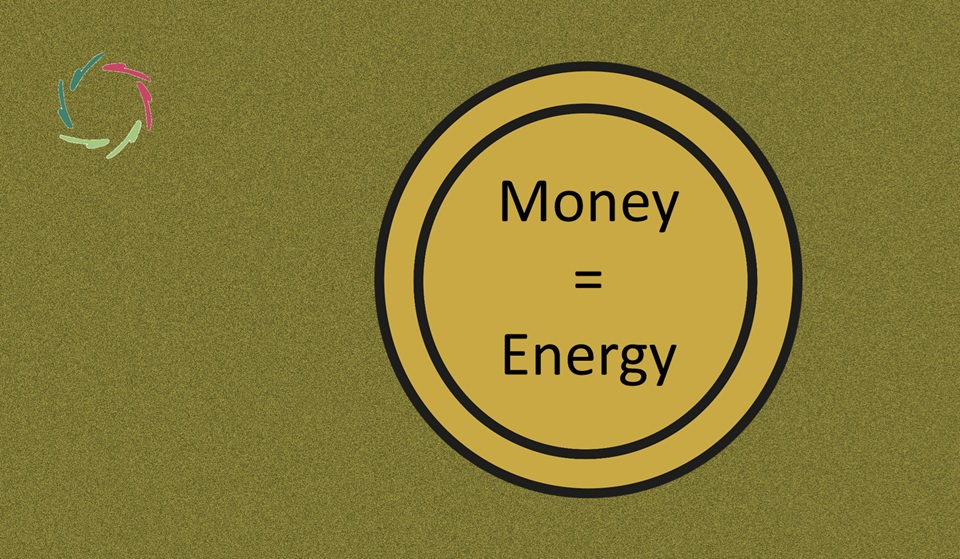Experiences

One experience may convince more than thousand words because an experience lives – if experienced well – inside your heart.
To convince someone of a clear-cut idea, rational argumentation may do. To convince someone of a deeply ethical viewpoint, or a visionary one, or a personally appreciative one, or even a religious viewpoint is much harder. Let’s say: not 10% harder, but more like 100 times harder.
Where’s the difference?
In conceptual versus subconceptual.
‘Conceptual’ as in clear-cut thinking.
‘Subconceptual’ as in subconscious, more intuitive mental processing.
Convincing someone is relatively easy within the conceptual domain. For instance, are people mortal? What is the speed of light? Is yesterday’s news either fake or not?
While the ‘conceptual’ is more like a clockwork, the ‘subconceptual’ is more like a cloud.
Thus, the subconceptual is immensely more complex. Take the fake news example that I just mentioned. I gave it on purpose because it’s actually not a good conceptual example. The real appeal of ‘fake news’ has little to do with rational correctness. Fake news is not just false news. It’s fuck-the-truth news. The underlying issue is about whether rational thinking as practiced in a specific culture is still worthwhile to many people, or whether it just feels better to discard truthfulness as a statement of personal freedom.
Fake news – as well as denouncing real news as such – is the revenge of the cloud over a runaway clock. The clock should listen.
As a matter of fact, many find it difficult to grasp the huge difference between ‘conceptual’ and ‘subconceptual’. This is understandable since it is not evident to look at one’s own looking. However, it’s very important. For instance, if you want to persuade someone about an issue at the subconceptual level – say, some religious belief – then conceptual arguments will seldom do the trick.
Eventually, only experiences can convince at the subconceptual level.
For instance, through an emotional experience at a political rally in the presence of many likeminded attendants – which immediately points to the possible mis-use of such experiences by some demagogue. Or a social media experience about something going viral. Or an emotional, social experience at church, every week. Provide such experiences from childhood, and you get a religious devotee who will not easily be convinced out of his belief by purely conceptual argumentation. This is hard to grasp by a non-believer and even so by the believer himself who may find it natural to ‘believe’.
One may conclude that most important is to provide people with experiences that don’t run counter to rationality.
How to accomplish this for example in the ethical sphere and for very many people?
This is an endeavor that hopefully the future will tackle successfully. The solution lies in people having experiences through which they feel that ‘there is more between heaven and earth’ than can be read in any book or course or newspaper.
A walk at the sea – the immense ocean, the ephemeral horizon, the concrete feeling of small waves at the beach, the being there together with a loved one – may in this sense already have quite an influence lasting a lifetime.
Likewise, AURELIS sessions may be seen as experiences. They do not convince conceptually, nor are they supposed to do so. Hopefully, they have a deeply positive influence upon many people.


